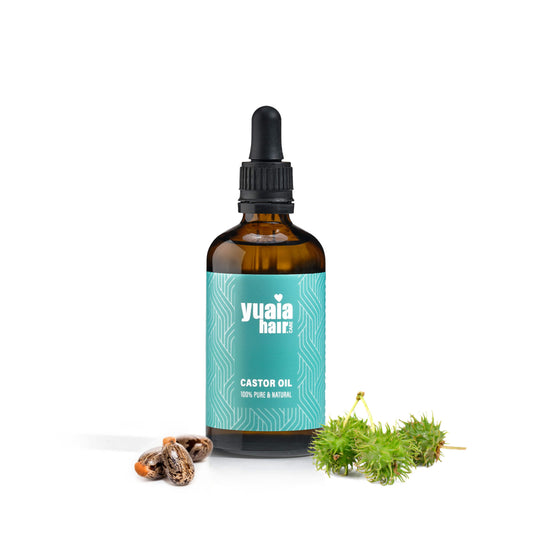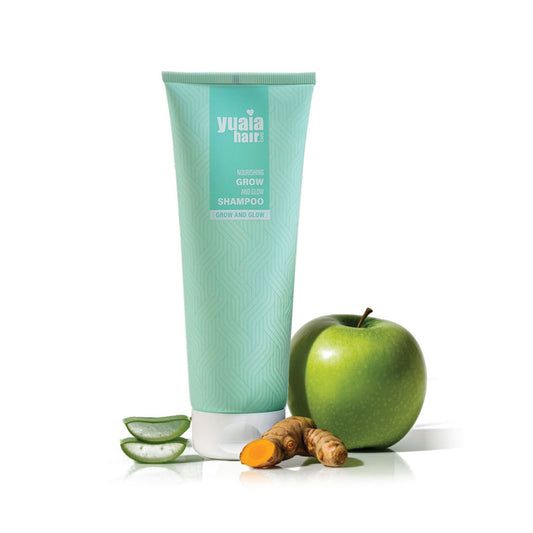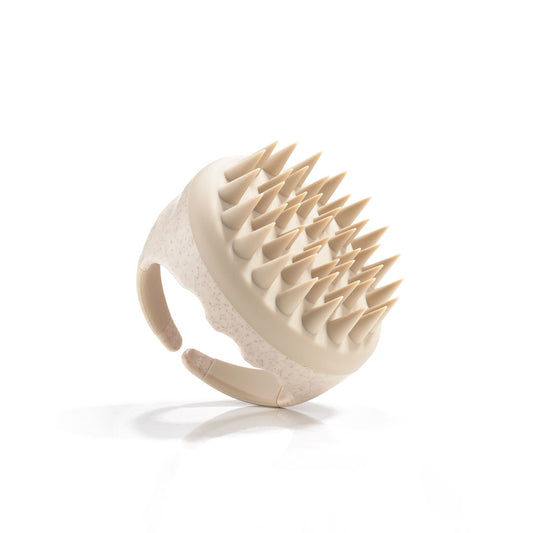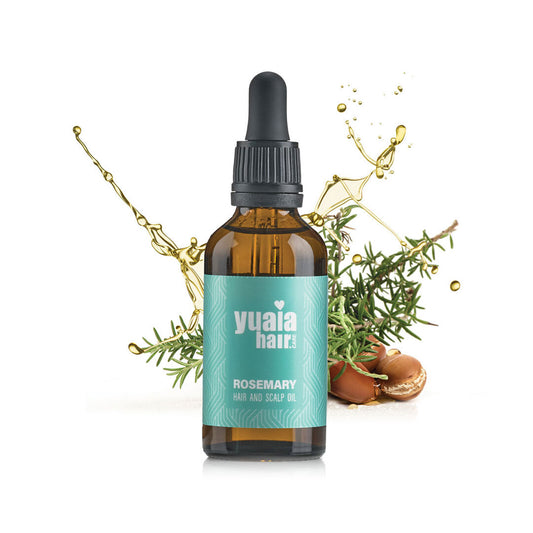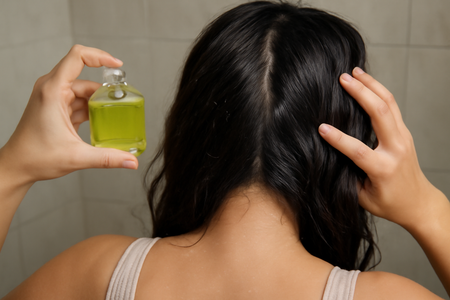
Castor oil's properties: Fact or fiction?
Castor oil is often celebrated in natural beauty circles for its rich composition, which includes fatty acids that are believed to offer moisturizing and antimicrobial benefits. These properties are frequently cited in the context of dandruff treatment, suggesting that castor oil might help soothe the scalp and reduce flakiness. However, the scientific evidence supporting these claims is sparse and largely anecdotal.
One of the key components of castor oil is ricinoleic acid, which is thought to possess anti-inflammatory properties. This could theoretically help in reducing scalp irritation, a common symptom of dandruff. Additionally, some claim that its antifungal properties might combat the Malassezia fungus, a known contributor to dandruff. Despite these assertions, there is no direct scientific evidence confirming castor oil's effectiveness against dandruff. The antifungal activity of castor oil against Malassezia specifically remains unproven, with most evidence being indirect and based on traditional use rather than rigorous clinical studies.
Traditional use vs. scientific evidence
The gap between traditional use and scientific validation is significant when it comes to castor oil for dandruff. Historically, castor oil has been used in various home remedies, praised for its potential to hydrate and calm the scalp. This traditional wisdom, passed down through generations, often serves as the basis for its current popularity.
However, while user experiences and anecdotal evidence abound, they do not equate to scientific proof. The absence of clinical studies directly linking castor oil to dandruff treatment highlights the need for cautious optimism. Users should be aware that while castor oil may offer some scalp benefits, it is not a guaranteed solution for dandruff.
Practical application tips
If you choose to incorporate castor oil into your scalp care routine, there are practical ways to do so. Due to its thick consistency, it is advisable to dilute castor oil with lighter oils like coconut or olive oil to make application easier and ensure even distribution. This can enhance its moisturizing effect without weighing down your hair.
To apply, gently massage the diluted oil mixture into your scalp, focusing on areas that feel particularly dry or irritated. Leave it on for at least 30 minutes before washing it out with a mild, sulfate-free shampoo. This can help maintain scalp moisture, potentially alleviating some symptoms associated with dandruff.
For those looking to incorporate more comprehensive scalp care, using a rosemary hair oil can also support overall scalp health. Its nourishing properties complement the hydration provided by castor oil, offering a holistic approach to scalp care.
Exploring alternative solutions for dandruff
While castor oil may offer some benefits in maintaining scalp moisture, it is important to integrate it into a broader routine for effective dandruff management. Combining castor oil with other proven remedies can enhance its potential benefits. For instance, using a rosemary hair oil can complement castor oil's hydrating properties, providing additional nourishment and support for scalp health.
Incorporating a sulfate-free shampoo can also be beneficial, as it helps maintain the natural oils of the scalp without causing irritation. Regular cleansing with a mild shampoo can aid in removing excess oil and flakes, which are common with dandruff. This holistic approach can help manage dandruff symptoms more effectively, offering a balanced solution for those seeking relief.
Frequently asked questions
Can castor oil cure dandruff?
While castor oil may help with scalp hydration, it is not a clinically proven cure for dandruff. It can be part of a broader scalp care routine to manage symptoms, but should not be relied upon as a sole solution.
How should I apply castor oil to my scalp?
To apply castor oil safely, dilute it with a lighter oil like coconut or olive oil. Massage the mixture gently into your scalp, focusing on dry or irritated areas. Leave it on for at least 30 minutes before washing it out with a mild, sulfate-free shampoo.
Are there any side effects of using castor oil on the scalp?
Some people may experience allergic reactions to castor oil. It's advisable to conduct a patch test before full application. If any irritation or discomfort occurs, discontinue use immediately.
 2-4 day UK delivery
2-4 day UK delivery
 25.000+ satisfied customers
25.000+ satisfied customers
 Satisfaction Guarantee
Satisfaction Guarantee



















